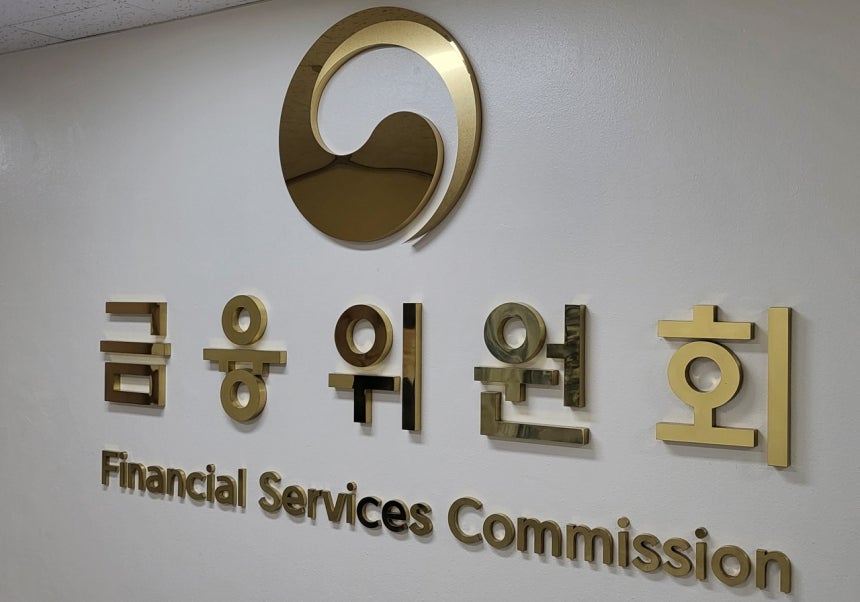Climate Stress Test Results to be Announced in Q1 Next Year
 |
| [Herald DB] |
‘[Herald Business = Bae Yeo-ri Reporter] The Financial Services Commission provided 54 trillion won in policy finance for the climate sector this year, exceeding the initial annual target of 48.6 trillion won.’
‘The FSC announced at the “Climate Finance Task Force Meeting” held on the 12th that it had exceeded its preliminary target by supplying 54 trillion won in policy finance for the climate sector by the end of October. An official stated, “We have created a Future Energy Fund of 1.26 trillion won to support investment in renewable energy facilities, and we are in the process of establishing a Climate Technology Fund of 360 billion won.”‘
‘Additionally, to strengthen climate risk management in the financial sector, the FSC is conducting a joint climate stress test with the Financial Supervisory Service, the Bank of Korea, and the financial sector. This stress test assesses the impact of climate change-related financial risks and the loss absorption capacity of financial companies. It also analyzes the impact of climate risk on the financial health of companies and the industry. Results are expected to be announced in the first quarter of next year.’
‘A platform for tracking financial emissions in the financial sector will also be established. “Financial emissions” refer to the indirect contribution financial companies make to their counterparties’ carbon emissions through their financial activities. The FSC plans to launch a “Financial Emissions Working Group” centered on the Climate Finance Task Force and utilize credit information infrastructure.’
‘During the meeting, it was suggested that due to the characteristics of Korea’s economic structure, strict green finance measures could lead to carbon lock-in; thus, there is a need to introduce “Korean-style transition finance” tailored to each country’s economic and industrial conditions. Furthermore, there was a call for expanding educational programs for financial personnel to assess and judge whether activities are suitable for the green economy, emphasizing the need for specialized personnel and evaluation institutions.’

